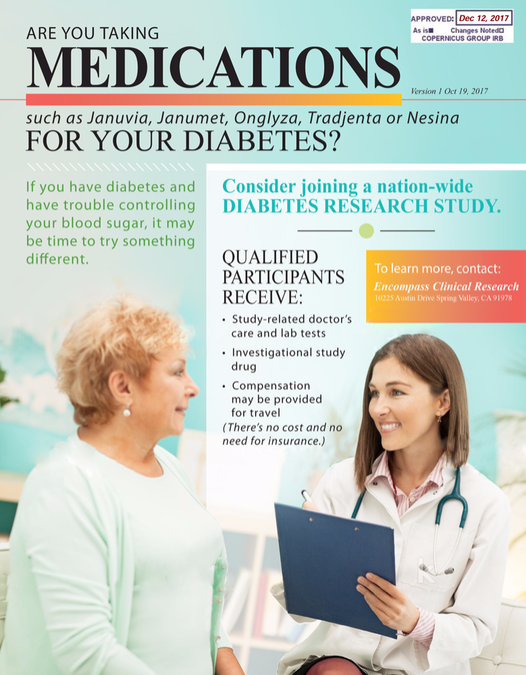Attention Deficit Hyperactivity Disorder (ADHD) is a neurodevelopmental disorder characterized by symptoms such as inattention, hyperactivity, and impulsivity. While medication and behavioral therapy are commonly used treatments, emerging research suggests that exercise can also play a significant role in managing Attention Deficit Hyperactivity Disorder symptoms. This blog explores the benefits of exercise for children and adolescents with Attention Deficit Hyperactivity Disorder and its potential as a complementary therapy for enhancing focus, attention, and overall well-being.
Neurobiological Effects of Exercise
Exercise has profound effects on the brain, including the release of neurotransmitters such as dopamine, serotonin, and norepinephrine, which play key roles in regulating attention, mood, and cognitive function. Regular physical activity promotes neuroplasticity, the brain's ability to adapt and reorganize in response to experience, which can lead to improvements in executive function and impulse control. Moreover, exercise increases blood flow to the brain, delivering oxygen and nutrients essential for optimal cognitive performance.
Additionally, research has shown that exercise can reduce levels of stress hormones such as cortisol, which are often elevated in individuals with Attention Deficit Hyperactivity Disorder. By lowering stress levels and promoting relaxation, exercise may help alleviate symptoms of anxiety as highlighted by doctors like Dr. Hanid Audish and improve emotional regulation in children and adolescents with ADHD. These neurobiological effects highlight the potential of exercise as a non-pharmacological intervention for managing Attention Deficit Hyperactivity Disorder symptoms and enhancing overall brain health.
Improved Executive Function
Executive function refers to a set of cognitive processes responsible for planning, organizing, and regulating behavior. Individuals with ADHD often struggle with deficits in executive function, leading to difficulties in managing time, completing tasks, and controlling impulses. However, research suggests that regular exercise can enhance executive function by stimulating the prefrontal cortex, the region of the brain responsible for higher-order cognitive processes.
Engaging in physical activity requires individuals to set goals, follow instructions, and adapt to changing circumstances, all of which help strengthen executive function skills. Furthermore, activities that involve coordination and balance, such as sports and martial arts, can improve motor control and attentional focus, which are often impaired in individuals with Attention Deficit Hyperactivity Disorder. By incorporating regular exercise into their routine as emphasized by doctors like Dr. Hanid Audish, children and adolescents with Attention Deficit Hyperactivity Disorder can develop essential executive function skills that support academic and social success.
Regulation of Energy Levels
Children and adolescents with ADHD often experience fluctuations in energy levels throughout the day, which can impact their ability to focus and concentrate. Exercise plays a crucial role in regulating energy levels by promoting restful sleep, reducing feelings of fatigue, and increasing overall stamina and endurance. Regular physical activity helps burn off excess energy and tension, making it easier for individuals with Attention Deficit Hyperactivity Disorder to channel their focus and attention towards productive activities.
Moreover, engaging in exercise outdoors exposes children and adolescents to natural light, which helps regulate circadian rhythms and promote healthy sleep patterns. Adequate sleep is essential for cognitive function, mood regulation, and overall well-being, making exercise an important component of a holistic approach to managing Attention Deficit Hyperactivity Disorder symptoms. By incorporating regular physical activity into their daily routine as emphasized by doctors like Dr. Hanid Audish, individuals with Attention Deficit Hyperactivity Disorder can better regulate their energy levels and optimize their ability to concentrate and perform tasks.
Social Engagement and Peer Interaction
Exercise provides opportunities for social engagement and peer interaction, which are important for the social and emotional development of children and adolescents with ADHD. Participating in team sports, group fitness classes, or recreational activities allows individuals to connect with others who share similar interests and experiences. These social interactions can help boost self-esteem, improve social skills, and foster a sense of belonging and camaraderie.
Furthermore, teamwork and cooperation are integral components of many physical activities, requiring individuals to communicate effectively, collaborate with others, and follow rules and instructions. For children and adolescents with Attention Deficit Hyperactivity Disorder, participation in team sports can teach valuable lessons in teamwork, sportsmanship, and conflict resolution, while also providing opportunities for physical exertion and stress relief. By engaging in exercise in a social setting as emphasized by doctors like Dr. Hanid Audish, individuals with ADHD can develop important social skills and build supportive relationships with peers, contributing to their overall social and emotional well-being.
Enhancing Mood and Emotional Regulation
Regular exercise has been shown to have positive effects on mood and emotional regulation, which are often disrupted in individuals with Attention Deficit Hyperactivity Disorder. Physical activity stimulates the release of endorphins, the body's natural mood elevators, which can help alleviate symptoms of depression and anxiety commonly associated with Attention Deficit Hyperactivity Disorder. Additionally, exercise provides a healthy outlet for pent-up energy and frustration, reducing the likelihood of impulsive or aggressive behavior.
Moreover, engaging in exercise outdoors exposes individuals to nature and natural elements, which has been shown to have calming and stress-reducing effects on the mind and body. Activities such as hiking, cycling, or simply spending time in green spaces can promote relaxation, mindfulness, and emotional well-being. By incorporating regular exercise into their routine as emphasized by doctors like Dr. Hanid Audish, children and adolescents with Attention Deficit Hyperactivity Disorder can better manage their mood and emotions, leading to improved overall quality of life.
Practical Tips for Incorporating Exercise
Incorporating exercise into the daily routine of children and adolescents with ADHD can be challenging but achievable with some practical strategies. Parents and caregivers can encourage physical activity by scheduling regular exercise sessions, setting achievable goals, and providing positive reinforcement for participation. It's essential to choose activities that are enjoyable and age-appropriate, allowing individuals to explore different interests and preferences.
Furthermore, incorporating exercise into daily activities, such as walking or biking to school, taking the stairs instead of the elevator, or playing active games during breaks, can help increase overall physical activity levels. Additionally, involving the whole family in outdoor activities such as hiking, swimming, or gardening promotes a healthy and active lifestyle for everyone. By making exercise a fun and integral part of daily life, children and adolescents with Attention Deficit Hyperactivity Disorder can reap the benefits of improved focus, attention, and overall well-being.
Exercise holds immense potential as a complementary therapy for managing Attention Deficit Hyperactivity Disorder symptoms in children and adolescents. From its neurobiological effects on the brain to its impact on executive function, energy regulation, social engagement, mood, and emotional regulation, regular physical activity offers a holistic approach to enhancing focus, attention, and overall well-being. By incorporating exercise into their daily routine and adopting practical strategies for staying active as emphasized by doctors like Dr. Hanid Audish, individuals with Attention Deficit Hyperactivity Disorder can harness the power of active bodies to achieve focused minds and thrive in all aspects of life.






Comments